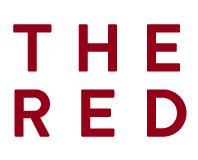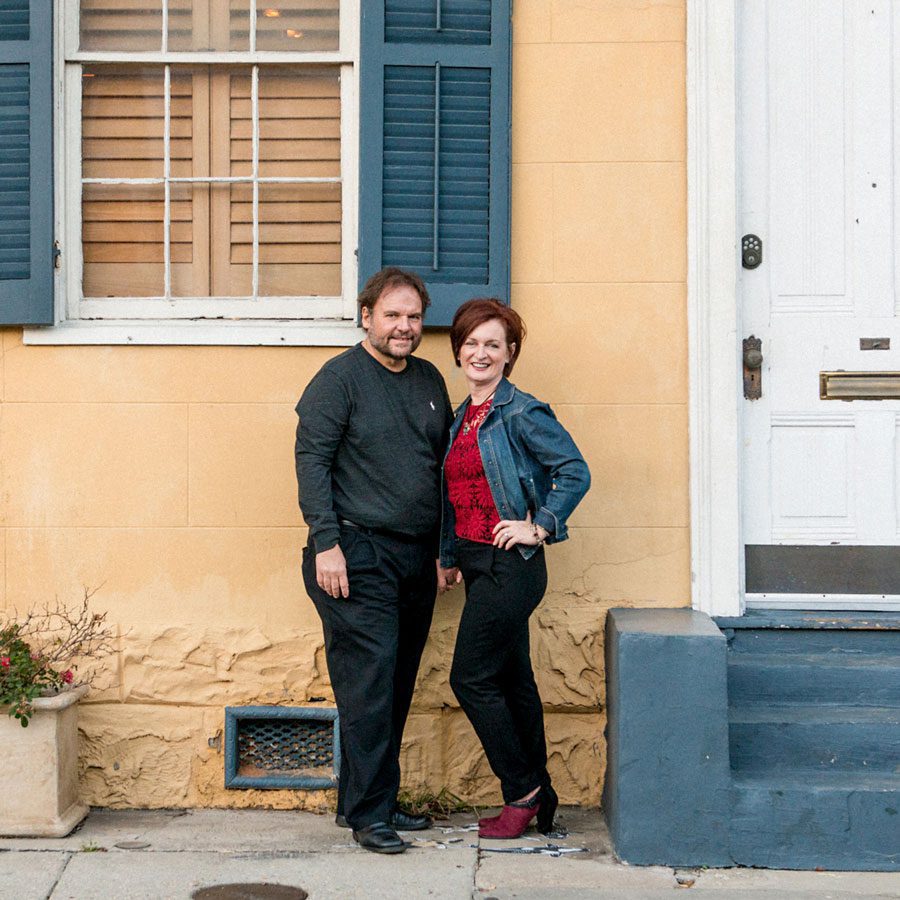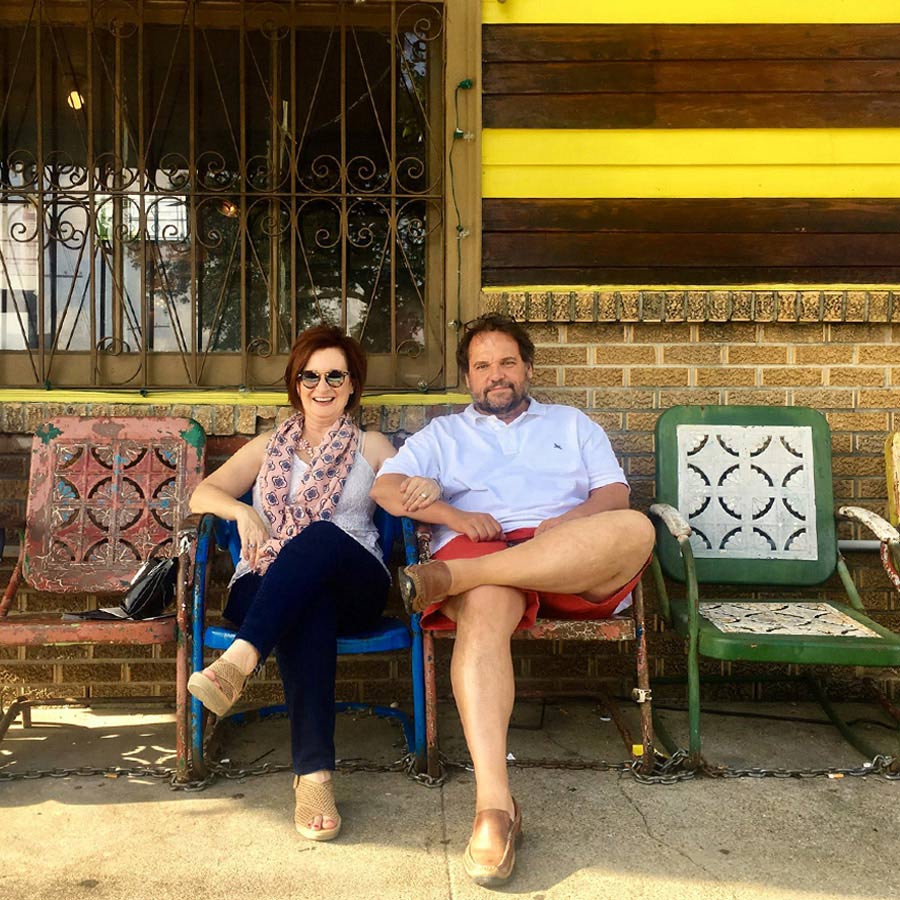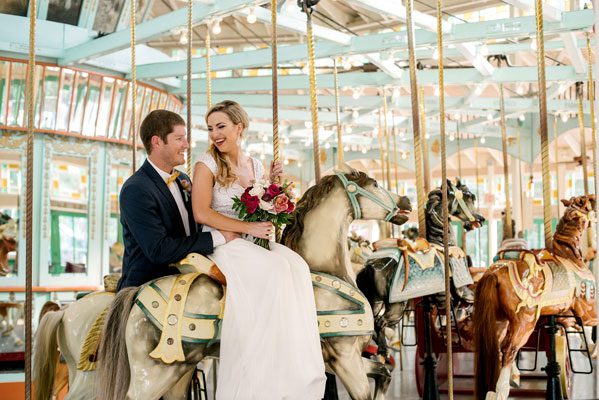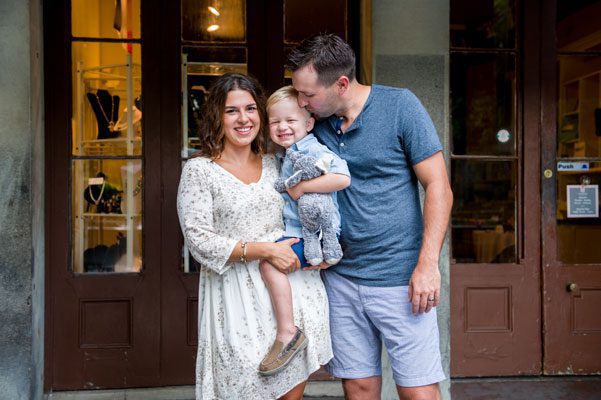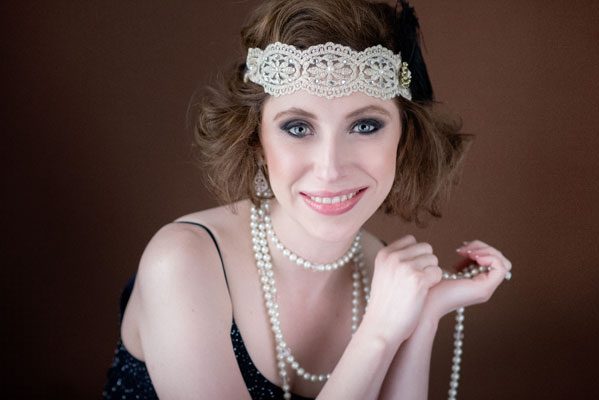This is going to be short and sweet because we are busy gettin’ our learn on at a workshop! This time we are perfecting our posing techniques with the amazing Roberto Valenzuela author of Picture Perfect Posing. We met Roberto at Shutterfest earlier this year, and Marianne was immediately taken in by his talent.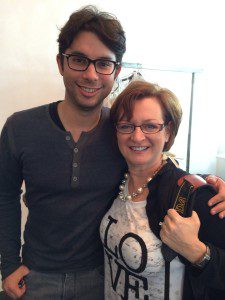 After watching him work his magic for about 5 minutes, Marianne said “sign me up!”
After watching him work his magic for about 5 minutes, Marianne said “sign me up!”
“Another workshop? Why are you guys always at workshops?”, we get asked often. Continuing education is key in our business, and the learning never ends. Photography is so much more than owning a nice camera and clicking a shutter … there is so much to consider from lighting, posing, composition … just to name a few. We are constantly practicing and educating ourselves, so that we can bring the very best to our clients!
See that Shutterfest Badge on the lefthand side of our website? <——– If you click on it, you will find a great explanation of commitment to continuing education written by one of our favorite photographers and educators, Sal Cincotta. In case you don’t feel like clicking, I’ll just list a few of Sal’s well thought out highlights right here:”
- Being a professional photographer requires more than just a camera and a website.
- In order to ensure the best results, It requires an understanding of, but not limited to,
- Posing. The last thing you want is to look unnatural in your pictures. Posing techniques can help present the best version of you. Poor posing techniques can not only make you look unnatural, it can actually add weight to you on camera.
- Lighting. How one uses light can make the difference
- Composition. Making a great image isn’t just about pointing it at a scene. Its about how those elements in the scene are arranged that can turn it into a work of art.
- Post production. How will your images be edited. This is important, as it will impact the final look of your images.
- Photography has no certification or standards board. Meaning, anyone with a camera can present themselves as a “professional.”
- People skills. Communication is key in dealing with groups of people, directing them, and ensuring you get the results you are looking for.
- Product offering. There is more to documenting your day than just receiving a thumb drive or dvd. How will you properly display these in your home? Are you looking for a canvas or maybe an heirloom quality album? Professional photographers have access to professional grade products and services not available to consumers.
- Innovation. In today’s day and age, the only constant is change. Trends, equipment, and techniques are continuously evolving. Continuing education ensures your photographer is up to date on all these trends, ultimately providing you with a superior service.
- Posing. The last thing you want is to look unnatural in your pictures. Posing techniques can help present the best version of you. Poor posing techniques can not only make you look unnatural, it can actually add weight to you on camera.
- Practice. Practice. Practice. When you are paying a photographer to document your event, what you are not paying for is on-the-job training. Practice is essential to their growth and creativity.
While this is not an exhaustive list by any stretch of the imagination, it should be enough to convey the importance of continuing education. Like any other craft, it takes constant nurturing and practice to ensure a photographer can deliver the imagery you expect and are paying for.”
So that should give you some insight into why we place so much value and emphasis on continuing education.
That said, we’re working on posing technique with Roberto this week! We simply can’t wait to share what we are learning with you by way of our workshop images, and we are really excited for our upcoming shoots to work some magic with our future clients!


